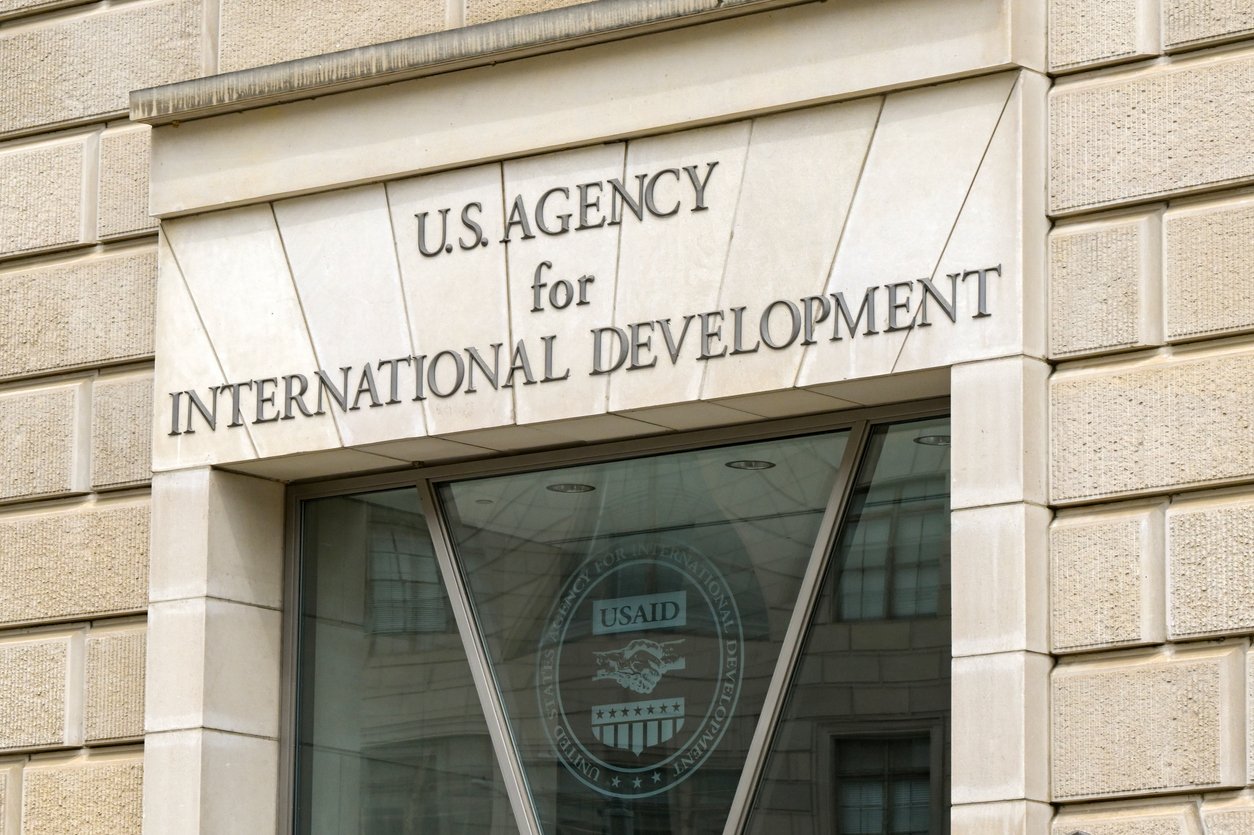I believe 2024 will be a dangerous year for sustainability and prosperity at a global level.
Ironically, the reason is not economic, despite the sudden inflation, the fast monetary tightening and the threat of recession. Against most predictions, inflation is now under control and a soft landing seems to have been achieved in the United States economy, with the European economies facing a slightly harder landing but not a deep recession.
The increased cost of capital has caught some companies “swimming naked” and led to bankruptcies, but not as many as feared. Many companies are downsizing to reduce their cost base but general employment levels are still high.
Now, with the likelihood of a reduction of interest rates in 2024 in most developed economies, the cost of capital will go down, which will promote corporate investment and economic stabilisation. And, hopefully, the fast technological development we are witnessing, namely with advances in AI and strong developments in key industries as Health-Care, IT, Automotive, and Energy may lead to productivity growth and increased well-being, as well as new tools to tackle climate change. In a way, free markets with sensible regulation in a democratic society are delivering on its promise, although improvements in economic equality, inclusion, use of natural resources and taxation need to happen.
Rather than economic issues, the source of danger for 2024 is geo-political with dark clouds in the horizon at all levels – national, regional and global:
- At national level, many countries are suffering from more divisive and ideological politics, with extreme left and extreme right parties rising and political centrism suffering. Angry rhetoric is winning over sensible debate, ideological stances are overpowering sound policy proposals based on experience and data, and political leaders of stature are missing in action. This leads democratic countries to become more divided internally and makes authoritarian leaders seem more appealing. And, in fact, in several important countries democracy is receding and authoritarian regimes are rising.
- At regional level we see again war raging between neighbouring countries, destabilising whole regions. The Russia invasion of Ukraine is at a stalemate after almost two years of war, the new conflict between Israel and Hamas is destabilising the sensitive middle-east region (as well as dividing societies throughout the world), and these and other smaller conflicts are creating immense human loss and suffering. There is the danger that making war becomes “more normal” and other conflicts and threats emerge. Authoritarism and war-making go hand in hand, as authoritarians regimes often use war to hide their weaknesses and policy shortcomings or as instruments for empire building.
- At global level we have witnessed in the last decade the end of the international order governed by American hegemony. Two super-powers are vying for global influence and in that process two global blocks are emerging. These blocks have somewhat varying geography but typically oppose North and South or appose liberal democracies with authoritarian regimes. In this process, multilateral organisations are losing influence or becoming mere instruments for the political agenda of the most powerful countries. The United Nations, for example, seems powerless in this new political environment.
2024 will indeed be a dangerous year for sustainability and prosperity at a global level. However Humankind is resilient and never before has there been as much talent, knowledge, capital and technology to solve societal and planetary problems. The sustainable development agenda, proposed by the United Nations in 2015, remains an inspiring framework to guide our attention, policies, strategies and actions. Progress towards this agenda needs to be accelerated and 2024 needs to be a year in which the sustainability agenda proves once again its resilience.
A key challenge is that sustainability will only be achieved though cooperation and solidarity. So, in the dangerous context that I have outlined, what is the path forward? I believe several factors are key to make 2024 and the coming years positive for Humankind and the Planet:
- Clever advocacy and action on sustainability issues by citizens: the people must speak and act but they need to do so intelligently and lead by example. Radical environmental activism will lead to ideological opposition as a reaction. Voting populist parties to power will increase isolationism and not offer solutions to the complex issues that countries and the Planet are facing. Popular resistance to even timid attempts at reform will make political leaders less courageous to implement the needed policies. Complaining about issues but not adjusting individual behaviours will lead to weak outcomes. Citizens, both individually and collectively, are more powerful they have ever been, in the era of social media and due to the knowledge and resources available.
- Reinforcement of multilateral organisations by global leaders: the complex issues that the world is facing, such as climate change, global health problems, global taxation reform, migratory fluxes, biodiversity loss, competition policy, global commerce disputes, and global justice issues, all require strong, financially autonomous and legitimate regional and global organisations with the resources, know-how and mandate to intervene, as regulators, policy-makers, referees in disputes or global innovators. Without the global governance afforded by these organisations, including also large foundations, it will be very difficult to tackle the issues facing humankind. So 2024 needs to see a reinforcement of multilateral organisations, which should assume more courageous positions and actions in defence of human values.
- Ownership of the sustainability agenda by large corporations: in a dangerous world increasingly driven by the “real politik” of powerful nation-states, large multinational corporations need to take responsibility for important elements of the sustainability agenda. Very few organisations have the global clout, resources and reach of large multinationals. They are very well aligned with the sustainability agenda, as most multinationals can only thrive in a sustainable, prosperous and peaceful world. They are so large and influential that they should no longer respond solely to shareholders but rather represent the hope for humanity and serve as examples of the benefits of private enterprise, operating in free markets, that thrive by responding to the needs and wants of the people and communities they serve. Whereas political leadership is lacking, business leadership needs to step up.
Citizens, Multilateral Organisations and Business Leaders need to be drivers of the sustainable development agenda and champions for peace and prosperity. So that 2024 becomes the year of living sustainably not dangerously.
Have a great and impactful week!
Dean at CATÓLICA-LISBON
This article refers to edition #223 of the "Have a Great and Impactful Week" newsletter, an initiative of the Center for Responsible Business & Leadership.



